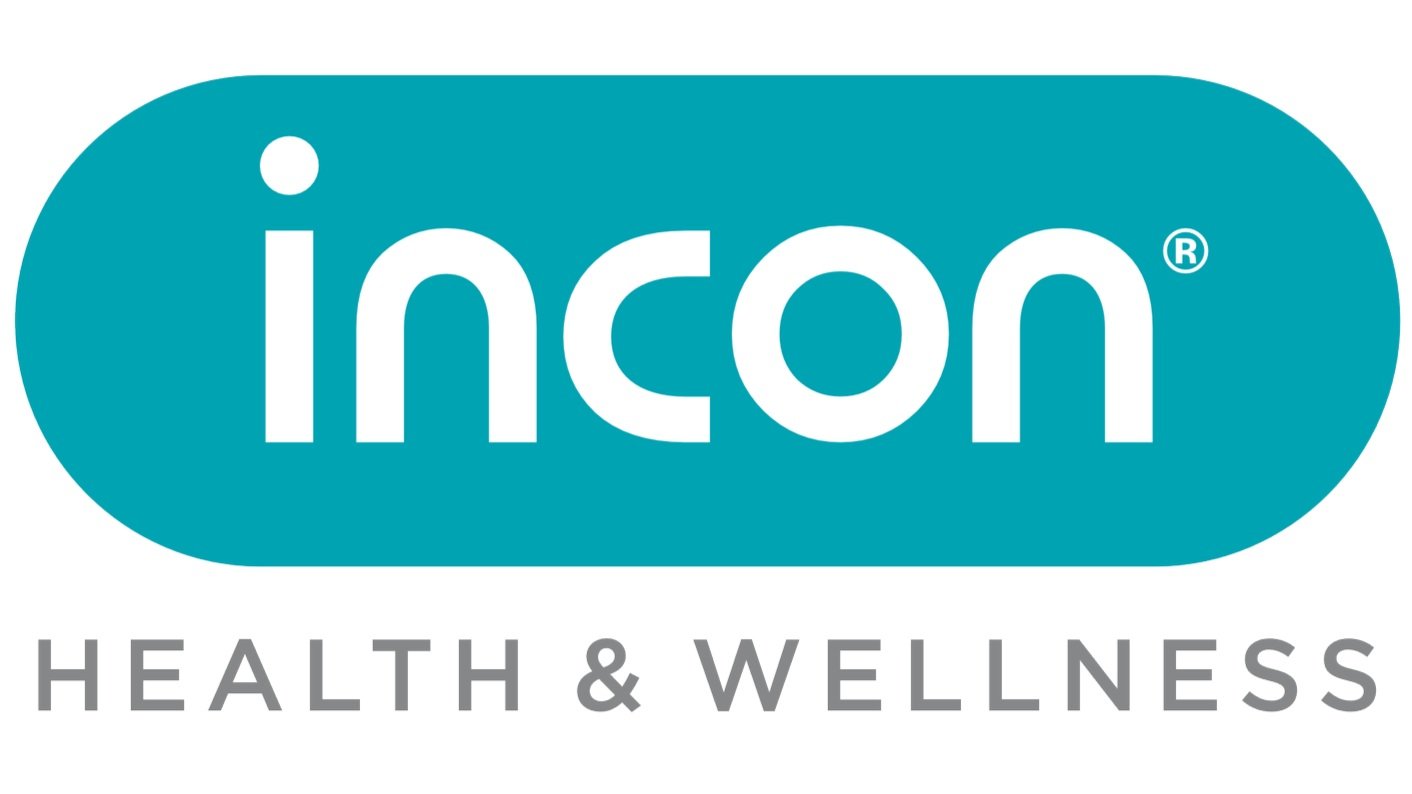Well‑Being Is Not A Perk
What Younger Talent Expects from Workplace Wellness
For a new generation entering the workforce, wellness isn’t a perk - it’s a baseline expectation. Younger professionals are not just looking for beanbags and smoothie bars. They want workplaces that actively support their mental health, respect work-life boundaries, and create a culture where wellbeing is taken seriously, not just talked about.
It starts with trust
Gen Z and Millennials expect transparency. They want to know how a company handles stress, burnout, flexibility, and support. If wellness is just a slide in the onboarding deck, they’ll see through it. What matters is lived experience - is the culture safe? Are managers trained to spot distress? Is mental health leave treated the same way as physical sick leave?
Boundaries matter
Younger talent cares deeply about boundaries. They want to work hard, but they don’t want to be “always on”. They expect employers to respect personal time and to model that from the top down. Quiet burnout is one of the biggest risks in hybrid work models, and younger employees are alert to the signs.
Wellness must be inclusive
Diversity and inclusion extend to wellbeing too. A one-size-fits-all gym membership won’t cut it. Today’s workforce values personalised support - whether that means access to therapy, flexible hours, neurodiversity support or culturally sensitive care.
Actions speak louder than posters
Wellness campaigns are easy. Real change is harder. Younger professionals are watching for consistency - does the company back up its messaging with real support? Are leaders walking the talk? Are there channels to raise concerns safely?
The next generation doesn’t separate wellness from work. It’s not a programme. It’s a culture. Employers who understand that will build teams that are not only healthier, but more engaged, more loyal, and more prepared for the future.

